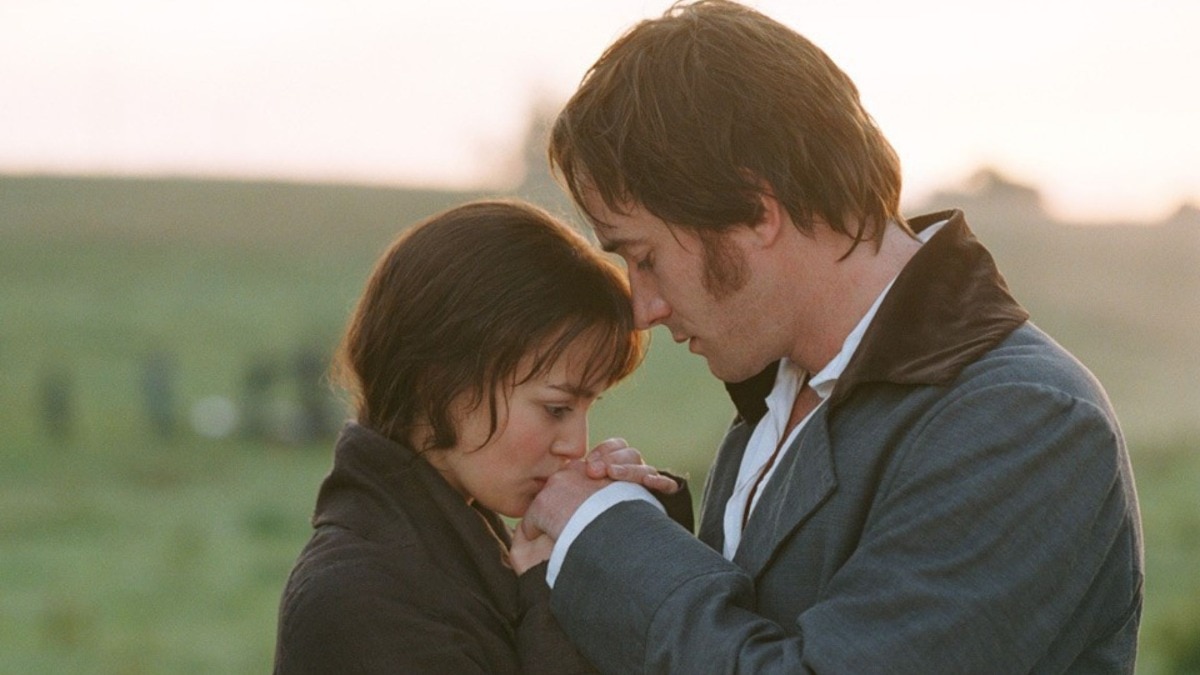Watch these African-American documentaries ahead of Black History Month
From ‘Quincy’ to ‘Who shot the sheriff?’ these are definitely a must-watch.


“Not one drop of my self-worth depends on your acceptance of me,” says American record producer, songwriter, musician and composer Quincy Jones. With a history that began with the arrival of Africans to North America in the 16th and 17th century—working the cotton fields and victims to the Jim Crowe laws, the journey of the African-American community has been filled with trials, tribulations, abuses and violations every step of the way. In fact, it often still does. But what this history and journey brought with it is an absolute treasure trove of art, music, literature, dance and poetry. From singing Kumbaya and Swing low, sweet chariot in the fields of southern America to being at the forefront of the blues and jazz movements of the 60’s to acing the hip-hop culture which became an integral part of the community in the 80’s and 90’s—various forms of art, literature, theatre and poetry have been important through the struggle for rights. Every year, Black History Month is celebrated to commemorate the contributions of some of the stalwarts of community who fought for justice, equality and empowerment through different mediums. So, we decided to curate a list of documentaries that tell the story of these leaders and artists who are legendary in every way.
Quincy
Co-written by Alan Hicks and Quincy’s daughter Rashida Jones, this Netflix documentary titled Quincy takes us through the very interesting life of music composer Quincy Jones. Fondly called Q, Quincy grew up on the south side of Chicago infamous for the violence and gang wars that took place at the time. Very early on, there was little in his life that he could control—neither his sick mum nor the racist slurs that were thrown at him. “But music was the one thing I could control. It was the one that offered me my freedom,” he says. The film follows his journey right from playing music with Frank Sinatra at a club and fighting the bigotry to becoming one of the most loved and respected music composers of the times. To Jones, music is magic.
What happened, Miss Simone
“How can you be an artist and not reflect the times?” African-American singer and songwriter Nina Simone asks in one of the interviews shown in the documentary. The title, apt for the film was taken from a quote by Maya Angelou, and the documentary follows the personal life and work of Simone. Simone was six years old when she dreamt of becoming the first female black pianist in America. Her songs and lyrics evoke depth, darkness, misery, frustration even—at the circumstances of the community. Her music was not only a reflection of the times, but her own life which was chaotic and intense to say the least. Her words from songs like Young, gifted and black, are powerful and resonated with large audiences.
A Ballerina’s Tale
“This is for the little brown girls.” In what was a first for the 75-year-old American Ballet Theatre, Misty Copeland became the first African-American woman to be promoted to principal dancer at the institution after decades of exclusion. A Ballerina’s Tale, revolves around the dancer’s career who serves as the narrator of the film as well as the protagonist. She spent a rather fragmented and broken childhood with divorced parents and frequent moving but was taken in by the world of gymnastics and ballet—though she only attended formal classes much later in her life. Touted to be a prodigy in the making, she also went on to become Time magazine’s 100 most influential people in the world in 2015.
Miles Davis: Birth of the cool
Imagine attending a jazz concert in 60’s America—there’s whiskey, trumpets and more. What could be better? Go back in time to witness the journey and works of one of the most influential figures in the history of jazz, Miles Davis. Directed by Stanley Nelson Jr., Miles Davis: Birth of the Cool, titled after his compositions for Capitol Records, Birth of the Cool. Davis left his hometown of Alton, Illinois to study music at the Julliard School in New York City only to drop out to join as a musician in Charlie Parker’s Quintet. The film includes a series of interviews with people who knew Davis closely as well as scholars speaking about African-American history and the jazz movement.
Biggie: I Got a Story to Tell
With the advent of street-style, hip-hop and rap music, the African-American community created a niche for themselves by penning down their words about their struggles, with a combination of rhythm and poetry. One such artist was Christopher Wallace, famously known as the Notorious B.I.G. Wallace was known for his distinctive style of rap which was often auto-biographical and revolved around crime, hardships, gang wars and other grim themes. The documentary features unseen footage of the rapper and take us through his journey of struggle and music. In 1997, he was shot at, in a drive through and died. The film celebrates his life and work by offering a look into his story told by his friends and family.
ReMastered: Who shot the sheriff?
One of Bob Marley’s closest friend describes the singer and songwriter as, “It’s really like a light goes out and that big light is gone and you’re never going to see that again in this lifetime.” Inspired by the Rastafarian movement (A movement revolving around the ideals of African liberation and the purpose of a Black man), Bob Marley went from singing pop-culture songs at the age of 17 to writing and performing Reggae music about smiles, peace and love. The documentary briefly gives an insight into Marley’s childhood, but focuses on the message he wanted to spread through his music, political implications and the intersections of them both. Like it did many years ago, his music continues to be part of protest and has the power to change the hearts and minds of people.
Muhammad Ali
This four-part miniseries was directed by Ken Burns and follows the journey of ‘The Greatest,’ Muhammad Ali, an African-American professional boxer who was name sportsman of the century by by various platforms including BBC and Sports Illustrated. Like many others of his time, Ali faced the gamut of racism and fought for his rights and freedom. He rose up the amateur ranks to win a gold at the Olympics in 1960 and later on went on to become a heavyweight champion and defeating the greats at their own game. “Only a man who knows what it is like to be defeated can reach down to the bottom of his soul and come up with the extra ounce of power it takes to win when the match is even.” Amen.
Oprah + Viola: A Netflix Special Event
In this special event, the two of the great women we might ever know, Oprah Winfrey and actor Viola Davis sit down in conversation about Davis’s memoir, Finding Me. The two delve deep into the actor’s journey—from living in abject poverty, bed-wetting, struggling with identity and the ideas of self-love and beauty. Viola Davis gets candid about her journey of self-growth, fighting her demons from within and achieving peace, joy and fulfilment being an actor, every single day. Trust us when we say that there’s nothing more inspirational than these two in conversation.
Becoming
Years after the civil rights movement and a supposed equal treatment to the African-American community, former First Lady Michelle Obama continues to fight for equality for young African-American girls, and uses her platform to be vocal about pertinent racial issues of today including shootings and murders of innocent, ordinary black people. The documentary features footage of Obama’s travels during her book tour, interviews and time spent with Barak and their children. It will leave you feeling warm and inspired.
Maya Angelou: And Still I Rise
There couldn’t be a better title to one of the first films made on writer and poet Maya Angelou. At the time of Angelou’s death, she was participating in the American Masters series episode, Maya Angelou And Still I Rise. The production of the film continued ever after to tell the story of the culturally rich and passionate life of the poet. The film reflects on how the events of history, culture and arts became defining moments in Angelou’s own life which became a platform for her brand of activism and literature.










